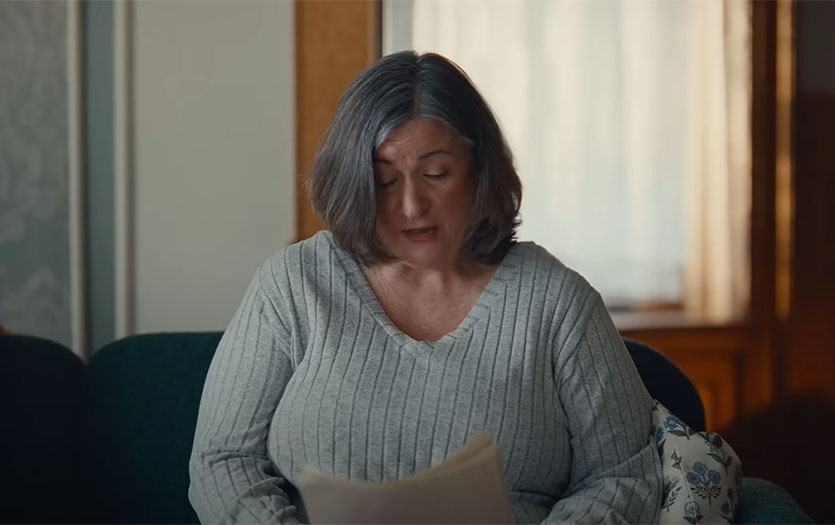
As Internet and cell phone technology expands, so does the number and sophistication of scams. Unfortunately, elderly members of the community have become common targets. Bruce Muller, Outreach Services Specialist for the Office of the Indiana Attorney General, cautions against these common threats and encourages everyone to become educated and empowered to avoid becoming a victim.
Phone scams
While Indiana’s “Do Not Call” list can restrict calls from political groups, fundraisers and other legitimate local businesses, it cannot protect against VOIP (voice over internet protocol) calls – most of which are from outside the United States. Robo calling machines (illegal) can dial as many as ten thousand calls per minute. “Spoofing” devices can disguise international calls as a local or U.S. number. The object is to find someone who will answer the call or respond to a fictitious voicemail. These and other scams play on three themes, all of which will require a payment from you:
- Urgency
- Fear
- Greed
IRS calling
One of the most current scams involves a call from the Internal Revenue Service alerting you that you are seriously in arrears on your taxes. If you do not take care of this amount immediately you are at risk of having the police come to your home to arrest you.
Never respond to these calls or emails – the IRS doesn’t make telephone calls or contact you by email. They will never threaten you with imminent arrest if you don’t make your payment right away. If you receive a call from the IRS, just hang up.
Credit card calls
There are several different scams that will ask you to provide a credit card or debit card number.
Grandparent scam: Usually coming in the middle of the night, the caller will claim to be your grandchild or their close friend. The situation is urgent – your grandchild has been in an accident or arrested and needs you to send as much as $2,000-$3,000 by debit card to help them.
Lottery scam: You may receive a letter, phone call or email telling you that you have won a lottery in some foreign country and they will deposit the money directly into your account – all you need to do is pay the taxes.
Never give credit card or debit card information to someone who has called you. Never respond to a voicemail by calling the number that is given – even if they claim to be calling from your bank or another recognizable institution. If they claim to be your credit card company calling about a problem, hang up and call the phone number on the back of your credit card to verify whether or not the call is legitimate.
Green Dot cards
Green Dot cards have taken the place of Western Union for wiring money quickly. The cards are prepaid debit cards that can be purchased at many convenience stores and gas stations. The card has a scratch off section at the bottom which provides a unique 10-digit access code. Scam artists will stress the urgency of sending money and suggest the quickest way is to purchase a Green Dot card and call them back with the number. Using GPS information through your phone, they may even suggest a local convenience store near your home where you can purchase the card, increasing the seeming legitimacy of the call.
If the caller suggests you purchase a Green Dot card, hang up.
Education is key
Visit IndianaConsumer.com for consumer information and education provided by the Indiana Attorney General’s Consumer Protection Division. Information on current topics such as identity theft, schemes and scams in the marketplace, rising fuel prices, prescription medication and recalled products is intended to spread knowledge on these topics to make wiser, empowered consumers.



